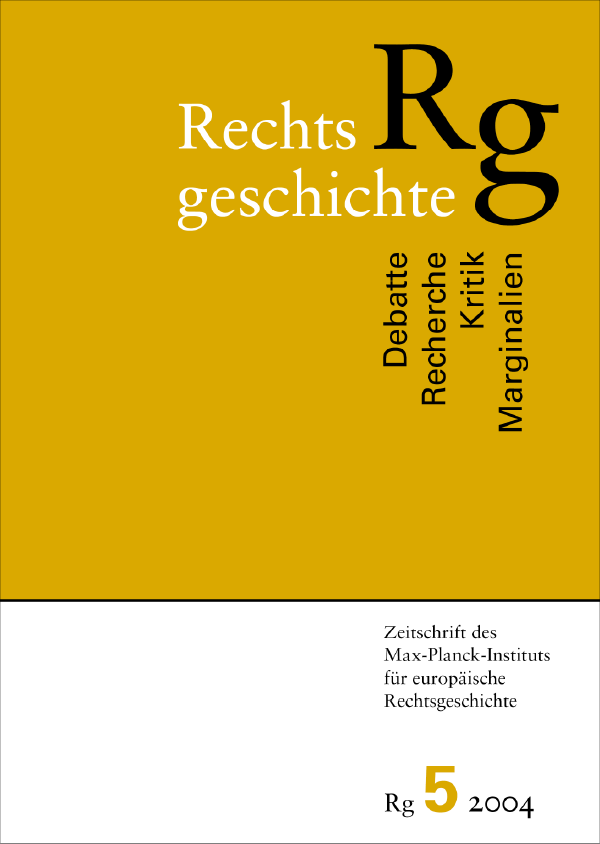Wer Solidarität sagt, will etwas haben
DOI:
https://doi.org/10.12946/rg05/049-054Abstract
Solidarity« can only have the meaning social communication attributes to it over time. The word occurs in the 19th century when former structures are conceived as being in crisis. The invocation of solidarity was meant to call upon a feeling of unity and support against internal and external threats. The workers’ movement, the Church’s social doctrines, social reforms, civil and constitutional theory (including their authoritarian offshoots), all refer to the notion of solidarity. Using the term was always meant in an educational, a demanding, a normative way. Most of the concrete demands based upon this concept are nowadays basic elements of national and European constitutional and social law. Thus the question whether »solidarity« should serve as the necessary moral completion of formal law remains unanswered. But the fact that the word today no longer finds a common consensus indicates that its zenith is already passed.
Downloads
Veröffentlicht
Zitationsvorschlag
Ausgabe
Rubrik
Lizenz
Copyright (c) 2004 Autor/in

Dieses Werk steht unter einer Creative Commons Namensnennung - Nicht-kommerziell - Keine Bearbeitung 3.0 International -Lizenz.





